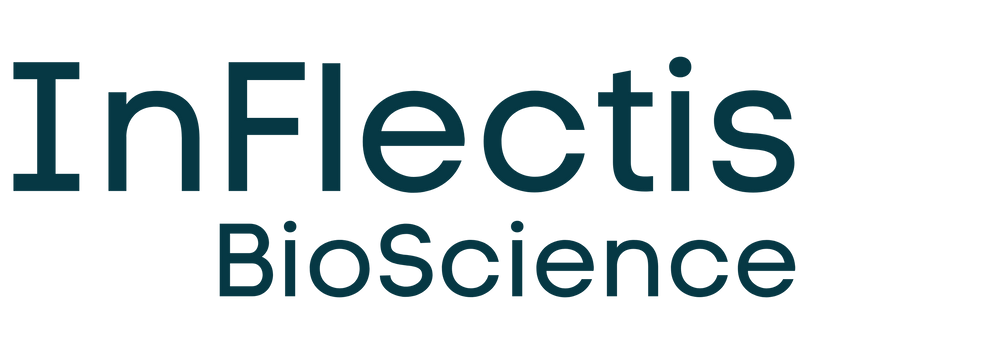 A new study shows indications that Amyotrophic Lateral Sclerosis (ALS) may be treated with small molecules targeting the Integrated Stress Response (ISR). ALS patients showed a diminished disease progression based on analysis of functional endpoints. The study was recently published in the journal Brain.
A new study shows indications that Amyotrophic Lateral Sclerosis (ALS) may be treated with small molecules targeting the Integrated Stress Response (ISR). ALS patients showed a diminished disease progression based on analysis of functional endpoints. The study was recently published in the journal Brain.
“These are early yet encouraging results that demonstrate clinical proof-of-concept for ISR modulators,” said Philippe Guédat, PhD, Chairman and CEO of InFlectis BioScience. “Based on this data, outcomes from our Phase 1 safety study, and the body of results from our preclinical studies, we are planning a prospective, controlled Phase 2 trial in ALS with IFB-088.”
Study Design and Results
Patients were divided in four groups. All of them took riluzole plus the interventional drug. They used 3 different doses of guanabenz (16 mg, 32 mg and 64 mg) or a placebo. Participants took the drug orally twice a day for six months. Efficacy analysis was performed on intention-to-treat population: 175 of 200 enrolled patients. The summary of the results are as follows:
- Percent of treated who progressed to higher stage at 6 months significantly lower than expected
- Significantly lower difference in the median rate of change of ALSFRS-R
- Effect driven by patients with bulbar onset: 0 of 18 progressed to a higher disease stage @ 6 mo. vs.
- 16 mg GBZ (4/8; 50%)
- historical cohort (21/49; 43%; p=0.001) or
- placebo (25/60; 42%; p=0.001)
- SAEs did not significantly differ between GBZ arms and placebo
- Hypotension-related dropouts precludes further development
ISR Pathway
Healthy protein balance is essential to keeping cells functioning and alive. The Integrated Stress Response, or ISR, sometimes referred to as the unfolded protein response, serves as a central command center to maintain protein levels or to repair misshapen or unfolded proteins. In this way, the ISR naturally protects cells against stress caused by infection, nutrient deficiencies, oxidative stress, and genetics.
In healthy functioning cells, the ISR corrects stress-related imbalances on a regular basis. However, excessive or prolonged stress can prove toxic and overwhelm the ISR, create an irreversible protein imbalance and cause cell death. When this occurs in cells of the central or peripheral nervous system, it can result in progressive neuromuscular and neuroinflammatory diseases.
Amyotrophic lateral sclerosis (ALS)
ALS is a neurological disease that deteriorates the capacity of voluntary movements. Motor neurons are affected progressively impairing actions such as walking, eating, talking and more. Currently, there are only two available drugs in North America, riluzole and edavarone.
InFlectis is developing first-in-class therapies for neuromuscular diseases. We are in clinical development with an orally-available small molecule that has the potential to extend lives or improve the quality-of-life for people suffering from ALS and CMT, a rare and progessive hereditary nerve condition. Our therapies are designed to boost a cellular command center – called the Integrated Stress Response – that ensures healthy levels of proteins and protein structures. Excessive and prolonged cellular stress can overwhelm this command center, resulting in the loss of functional cells and onset or progression of neuromuscular disease. Our therapies were designed to keep this command center operating and to prevent downstream effects that lead to disease.
